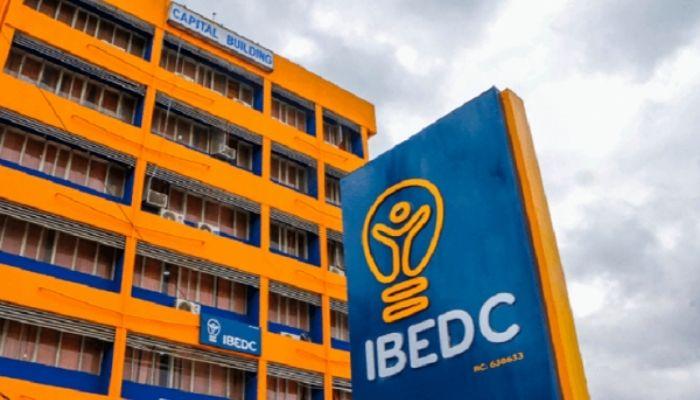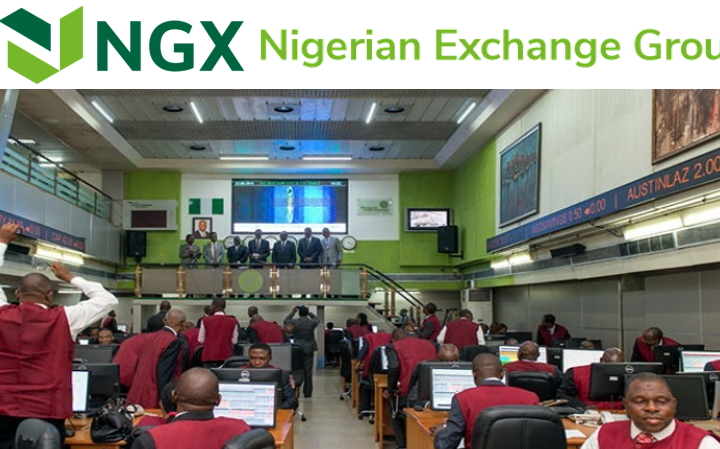The eight years romance between Godwin Emefiele and Muhammadu Buhari ended on May 29, 2023, when the latter handed over presidential power to Bola Tinubu.
Emefiele enjoyed the protection and backing of Buhari for so long, he became the longest-serving Central Bank of Nigeria (CBN) governor since the country returned to democracy in 1999.
Join our WhatsApp ChannelSince 1999, every CBN governor had served only five years; from Chief (Dr.) J. O. Sanusi, to Prof. Chukwuma Soludo and Mallam Sanusi Lamido.
Also, Emefiele was the first CBN governor to serve two different parties since 1999. Despite his appointment coming under the People’s Democratic Party (PDP), during Goodluck Jonathan’s administration in 2014, Buhari, a member of the All Progressive Congress (APC), retained him.
He made several controversial decisions as CBN governor which shocked many Nigerians, and despite criticism trailing his actions, Buhari always threw his weight behind him.
But with Buhari gone and Tinubu at the helm of affairs in Nigeria, Emefiele was no longer untouchable, as Buhari’s exit left him in the cold.
Two weeks after Buhari exited Aso Rock for Katsina, Emefiele was suspended by Tinubu despite having some months left in office. He was immediately arrested by the Department of State Service (DSS) and has been in their custody for the last four days.
Before Emefiele found himself in DSS custody, he publicly challenged anyone against his decision as CBN governor to come fight him – what are these decisions?
Controversial decisions of Emefiele as CBN governor
47 items excluded from FX
In the first year of Buhari’s tenure, on 23 June 2015, Emefiele shocked many investors and exporters when he included 47 imported goods and services on the list of items not valid for foreign exchange.
- This decision forced importers of Tomato Paste, Soap and Cosmetics and Rice, amongst others to seek foreign exchange in the black market.
- As a result, the prices of these products and other services placed on the 47 items list skyrocketed, contributing to the rise in the cost of living in Nigeria, as the country couldn’t mass produce them to meet demands.
Breached CBN Act on Ways and Means advances
Emefiele brazenly breached the CBN Act on ways and means advances to the Federal Government, offering Buhari’s government more loans than required.
- While Emefiele was publicly lamenting that the money supply in the economy or currency in circulation was high, he was secretly disbursing cash to FG.
- The CBN Act required the apex bank to serve as a last resort when the government is in need of money, and the loan should be 5% of the revenue generated by FG the previous year and shouldn’t provide any funds should the government fail to repay the loan.
- Emefiele breached the loan provision percentage and also kept providing credit to FG despite the government’s inability to repay. This increased the loans from CBN to FG from N789 billion in 2015, when he was appointed, to N22.7 trillion in 2022.
Clampdown on EndSARS protesters’ bank account
Nigerians will never forget October 2020, as it was the month the youths in the country took to the street for 13 days to protest police brutality.
- On October 20 of the same year, Nigerian youths were reported to have been gunned down by the military and attacked by uniformed men. The military denied it.
- The next month, Emefiele-led CBN froze the accounts of some notable EndSARS protesters; Bolatito Racheal Oduala, Adegoke Pamilerin Emmanuel, Chima David Ibebunjoh, Bassey Victor Israel, Akintomide Lanre Yusuf, Uhuo Ezenwanyi and many more.
- CBN accused them of financing terrorism, an allegation that led to widespread condemnation of Emefiele. The accounts were eventually opened to the affected EndSARS protesters.
Cryptocurrency ban
While cryptocurrency trading was booming in Nigeria, increasing wealth and creating jobs as crypto exchanges set up shop in the country, Emefiele decided to put a spanner in the works.
- On 5 February 2021, Emefiele ordered banks to close the accounts of persons or companies trading in cryptocurrencies in Nigeria.
- He was heavily criticised for the decision, with the then Vice President Yemi Osinbajo speaking against the move, but Emefiele threatened to fine banks that accept or are involved in cryptoasset transactions.
- This affected the adoption of Bitcoin and other cryptocurrencies in Nigeria and also forced crypto exchanges from relocating their physical offices in the country.
BDC dollar suspension
He also suspended the sale of foreign exchange to Bureau De Change operators in the black market, accusing them of profiteering.
- Emefiele said the black market operators have diverted from the major reason they were set up by indulging in illicit business in forex transactions.
- Despite his allegation against the black market, under Emefiele, BDC centres increased from 2,700 in 2016 to around 5,500 in 2021, the same year CBN suspended sales of forex to them on 27 July.
- The increase in BDC centres has led to speculators that the banking industry encouraged the activities of the black market and took advantage of the gap between the official and parallel markets, by obtaining forex in the former but selling in the latter.
Clampdown on Aboki FX
In a shocking revelation, Emefiele, on 17 September 2021, in a press conference, informed the world that Aboki FX, a Nigerian-owned foreign exchange aggregator, is the reason the naira has been depreciating in value in the forex market.
- Emefiele said it is illegal for AbokiFX to be publishing black market rates, accusing the platform of killing Nigeria’s economy and speculating rates for the benefit of foreign currency hoarders.
- He threatened to arrest the publisher of the platform, Oniwinde Adedotun, in London. To this day, there was no update as to Emefiele’s threat.
- The former CBN governor received knocks from Nigerians who said he didn’t blame his policies or that of the government for the downturn in the economy, but he was faulting a platform that has no control over fiscal and monetary policies.
- Following the accusation, AbokiFX announced that it will no longer publish rates to see if it was due to the platform naira has dropped in value, however, Nigeria’s currency continued to depreciate, down by 45% or N234.5, as the black market dollar rate increased from N520/$1 to N758.5/$1.
Politicising CBN governor’s office
In late 2022, Emefiele became the first CBN governor to attempt to contest for the presidential election, leading to criticism that he was politicising the apex bank.
- To force his presidential ambition, Emefiele filed a lawsuit against the Independent National Electoral Commission (INEC) and the Attorney-General of the Federation.
- He wanted to contest the presidential election on the platform of the APC while still being the CBN governor. This pits him against the political class.
- Emefiele eventually withdrew his lawsuit against the INEC and the AGF after Buhari directed that all political appointees interested in contesting for any post should resign.
Naira redesign policy
The now infamous naira redesign policy pitted Emefiele against literally the whole of Nigeria, as he went against the global norm during his quest to replace the country’s currency.
- Internationally, countries often gave one or two years to replace their currency, but Emefiele wanted to implement the replacement within two months.
- Emefiele phased out the old N200, N500 and N1000 banknotes on 10 February 2023 after releasing insufficient banknotes in January.
- This decision backfired, resulting in naira scarcity for the first time since 1983, with Nigerians having to buy the country’s N200, N500 and N1000 banknotes in the black market as banks ran out of the new currencies, while CBN seized the old notes.
- Due to the policy, many businesses shut down as there was no currency to trade. This forced state governors to file a lawsuit against the Federal Government to force Emefiele to extend or end the implementation of the policy.
- Despite Supreme Court orders stating that the old naira notes remain legal, Emefiele held back the currencies until Buhari directed him to release them.
- Aside from making more Nigerians poor, the naira redesign policy has been blamed for the slow growth of Nigeria’s gross domestic policy (GDP) recorded in the first quarter (Q1) of 2023.

















Follow Us